来源:小编 更新:2024-10-15 11:59:45
用手机看
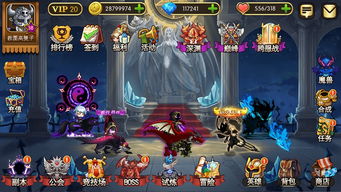
Card placement games have gained immense popularity in recent years, offering players a unique blend of strategy, luck, and creativity. In this article, we will delve into the concept of card placement, its significance, and how it has evolved over time.
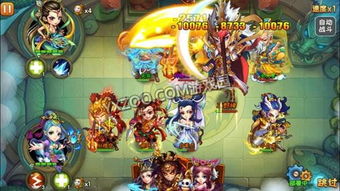
Card placement refers to the act of strategically placing cards on a game board or within a game environment. These cards can represent various elements, such as characters, items, or abilities, and their placement can significantly impact the outcome of the game.
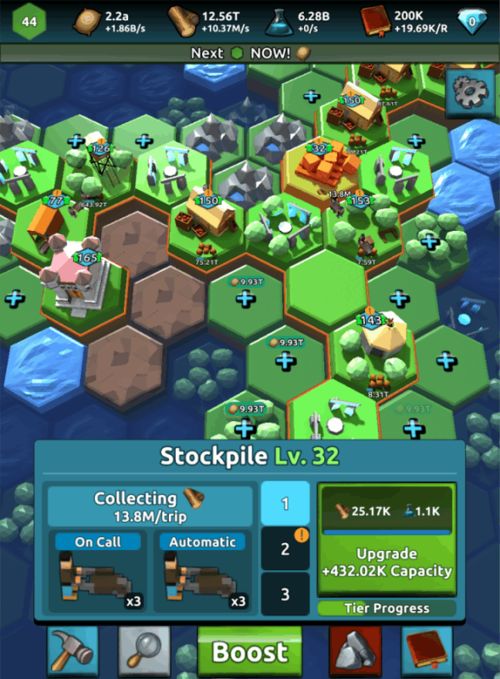
Card placement is crucial in card games for several reasons:
Strategic Advantage: By placing cards in the most advantageous positions, players can gain a strategic edge over their opponents.
Resource Management: Card placement allows players to manage their resources effectively, ensuring they have the necessary cards to execute their plans.
Game Progression: Proper card placement can lead to a smoother game progression, making it easier for players to achieve their objectives.

Card placement games come in various forms, each with its unique mechanics and gameplay:
Collectible Card Games (CCGs): CCGs, such as Magic: The Gathering and Yu-Gi-Oh!, involve collecting and trading cards to create powerful decks. Players strategically place cards on the battlefield to defeat their opponents.
Trading Card Games (TCGs): TCGs, like Pokémon and Digimon, focus on building a deck of cards and placing them in a specific order to maximize their effectiveness.
Board Games: Many board games incorporate card placement mechanics, such as Settlers of Catan and Ticket to Ride. Players must place cards on the board to progress their game and achieve victory.

Card placement games have evolved significantly over the years:
From Paper to Digital: Initially, card placement games were played on paper, but with the advent of technology, digital versions have become increasingly popular.
Increased Complexity: Modern card placement games often feature more complex mechanics, allowing for deeper strategic depth and more diverse gameplay experiences.
Community and Ecosystem: The rise of digital card placement games has fostered a strong community and ecosystem, with players trading cards, participating in tournaments, and sharing strategies.
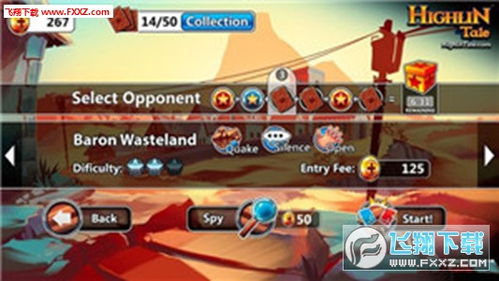
Playing card placement games offers numerous benefits:
Enhanced Cognitive Skills: Card placement games require players to think critically, plan ahead, and adapt to changing situations, which can improve cognitive skills such as memory, attention, and problem-solving.
Social Interaction: Many card placement games are designed for multiplayer, allowing players to interact with friends and family, fostering social connections and teamwork.
Entertainment: Card placement games provide a fun and engaging way to spend time, offering endless possibilities for strategy and creativity.

Card placement games have become a staple in the gaming world, offering players a unique blend of strategy, luck, and creativity. By understanding the basics of card placement and exploring the various types of games available, players can enjoy hours of entertainment and improve their cognitive skills. So, why not give card placement games a try and see what all the hype is about?
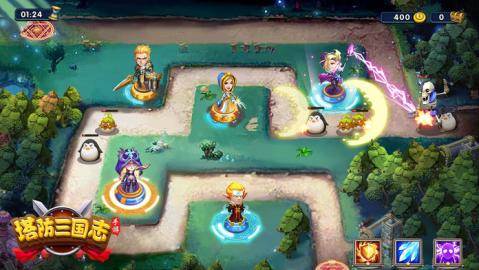
card placement, card games, collectible card games, trading card games, board games, strategy, cognitive skills, social interaction, entertainment